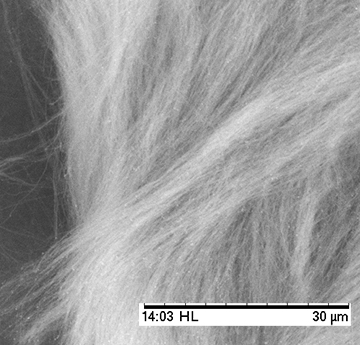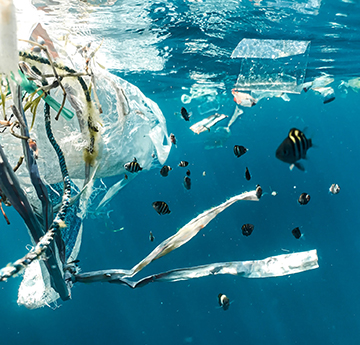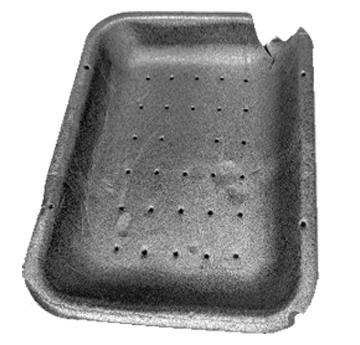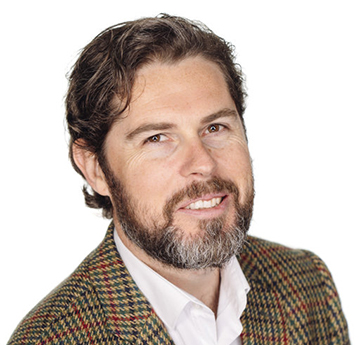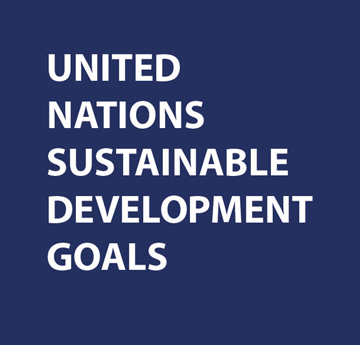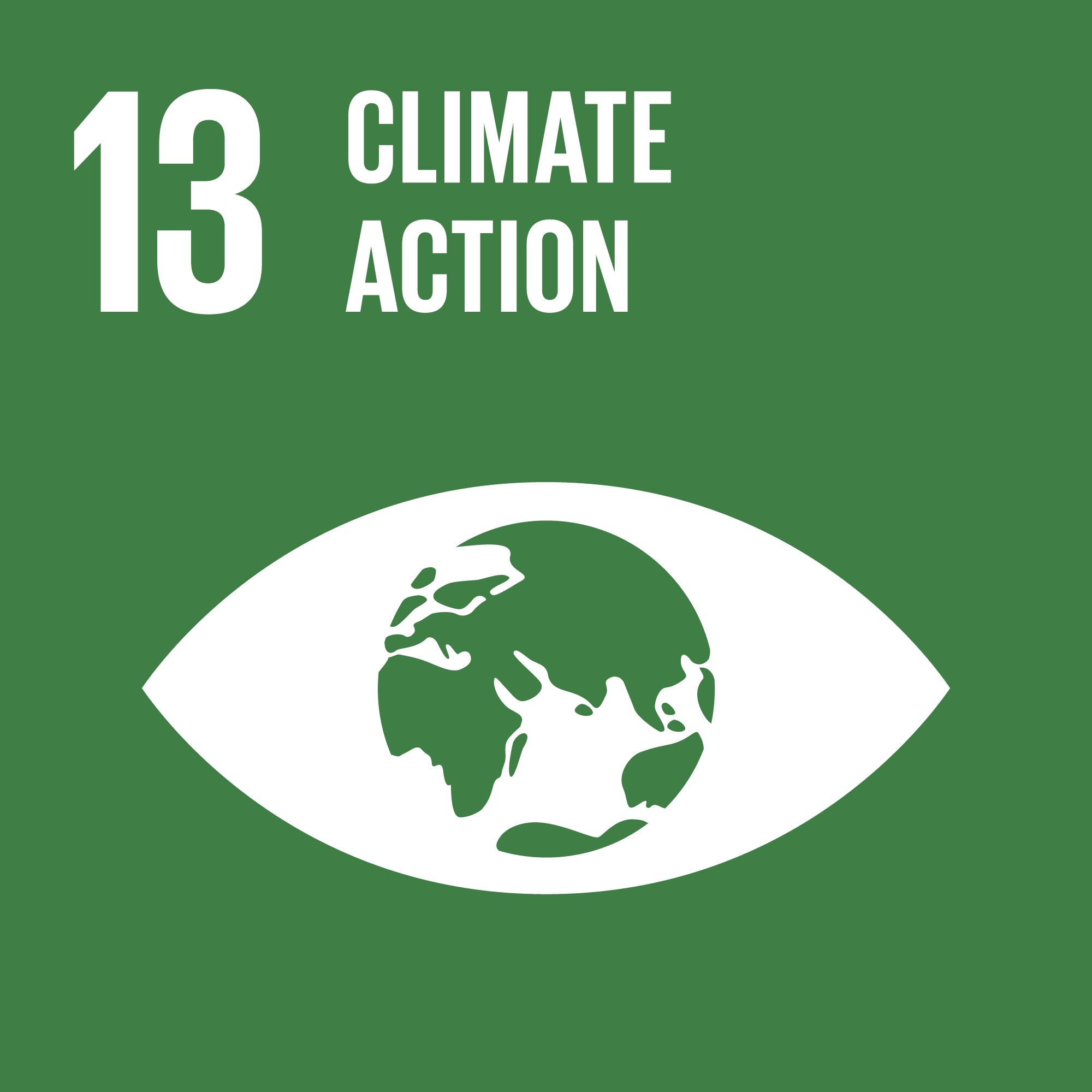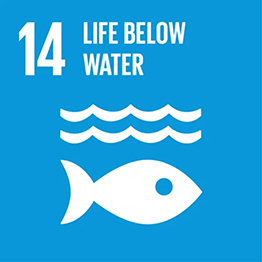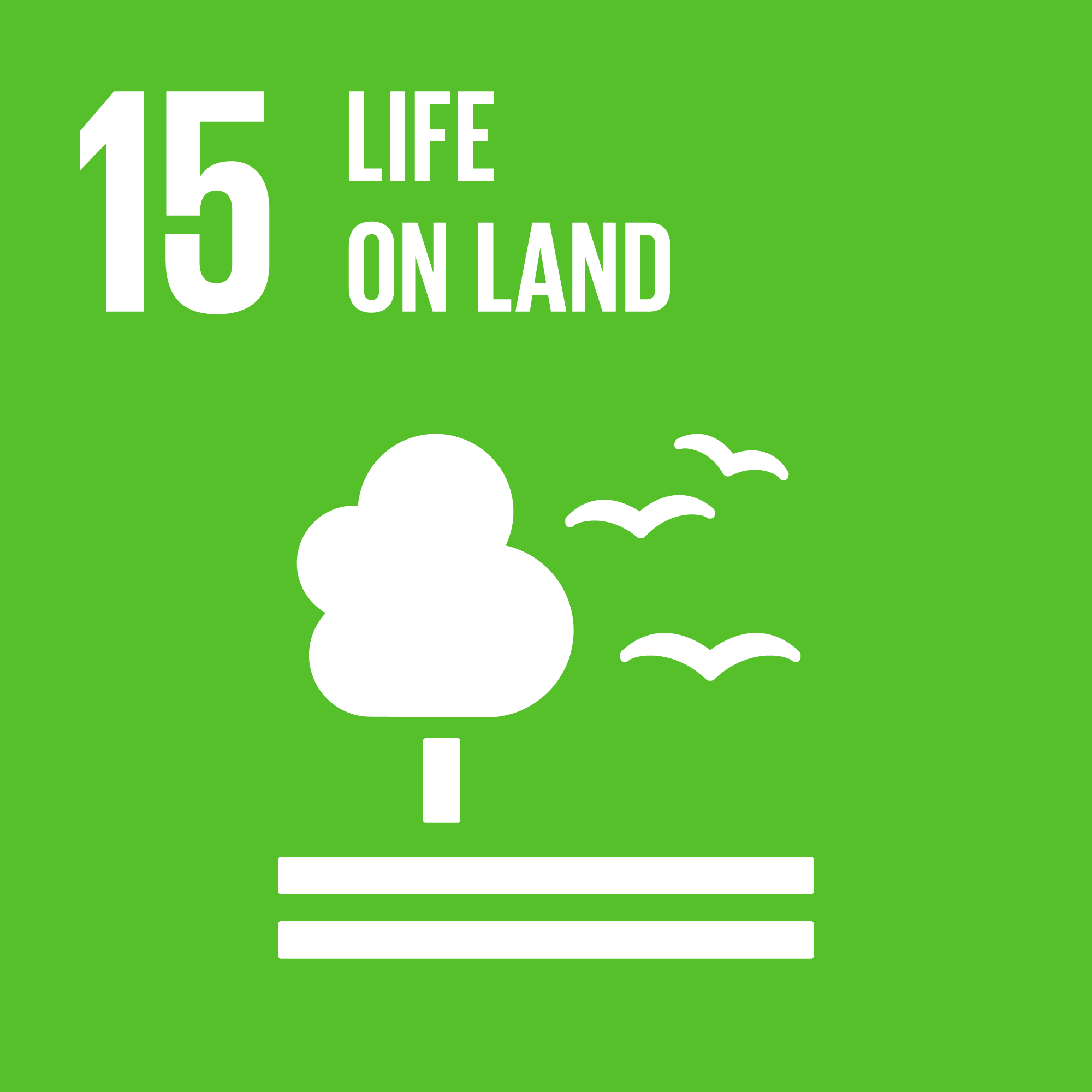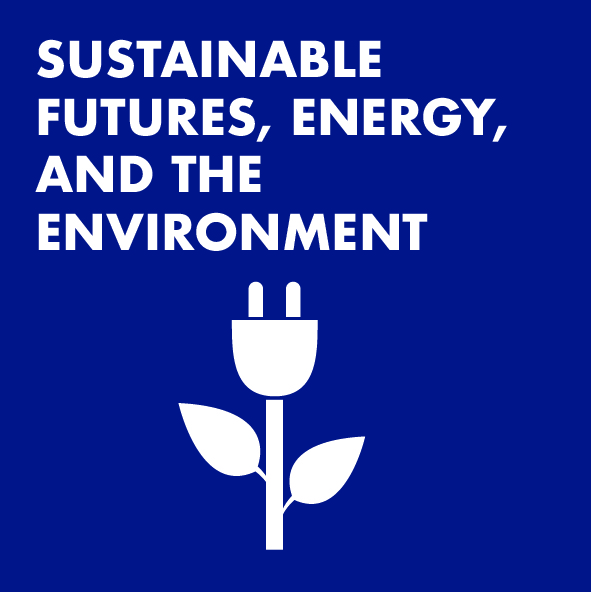The Challenge
Plastic pollution is a serious environmental problem affecting people and the planet in numerous ways. We are all eating and breathing plastics every day because almost 60% of the 83 million metric tonnes of plastic ever produced are discarded into the environment. The long-term consequence is unknown as the material is just being recognized, but it has already been found in healthy human placentas. And by 2050, there could be more plastic in the ocean than fish by weight.
The Method
Researchers at Swansea University have created a new technology that enables the recycling of discarded plastic into top-tier, cost-effective carbon nanotubes (CNTs).
CNTs have the potential to create a sustainable alternative for plastic waste by producing a valuable material with multiple applications, including electronics, energy storage, and even medicine.
Carbon nanotubes are stronger than steel, ultra-conductive, lightweight, and highly versatile. Nanotubes can play a vital role in curbing carbon emissions, acting as significant carbon sinks by diverting carbon from waste materials, thereby contributing to the preservation of our atmosphere and environment.
The Impact
Research within the faculty is driving positive change for the environment and society by:
- Leading innovation and research on novel science and engineering practices to create new value from waste materials.
- Putting the circular economy into practice by creating jobs in these future industries.
- Developing and sharing educational information on global platforms to increase awareness of the plastic problem and its many solutions.
- Promoting sustainability by creating alternatives to “business and usual” helps to preserve the environment for future generations.
- Diverting plastic from landfill that could otherwise end up being turned over in our soil and enter our food and water supply.


